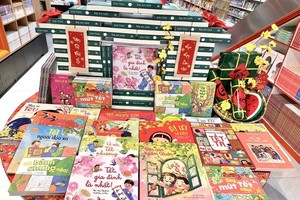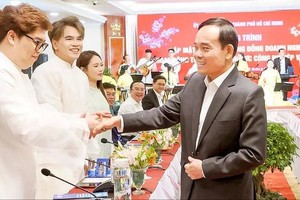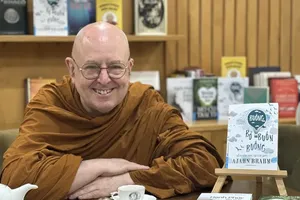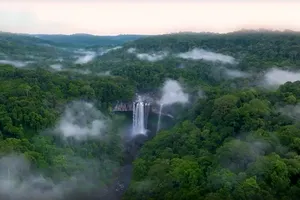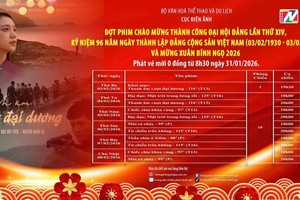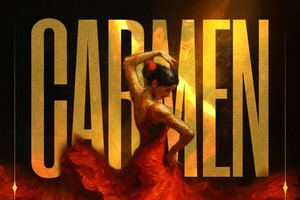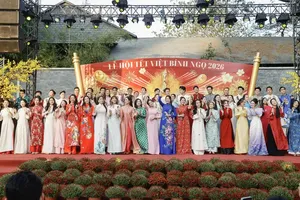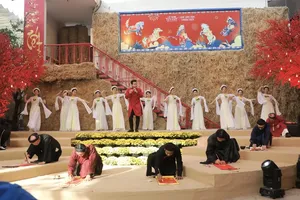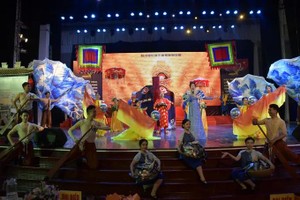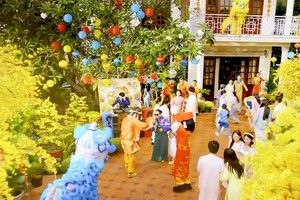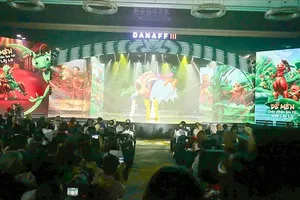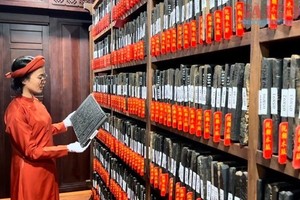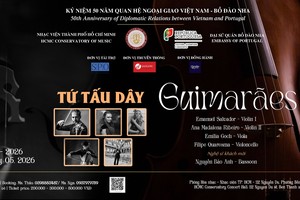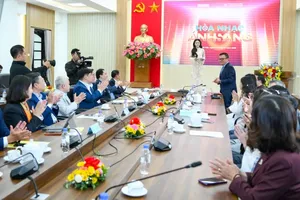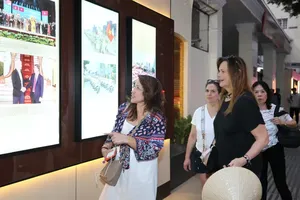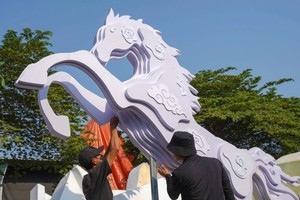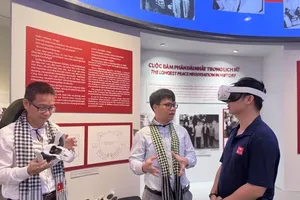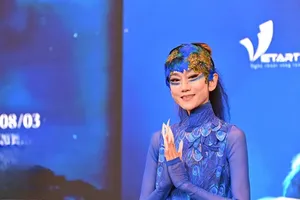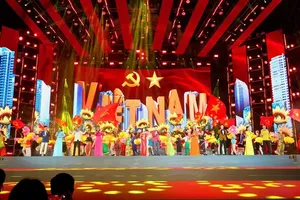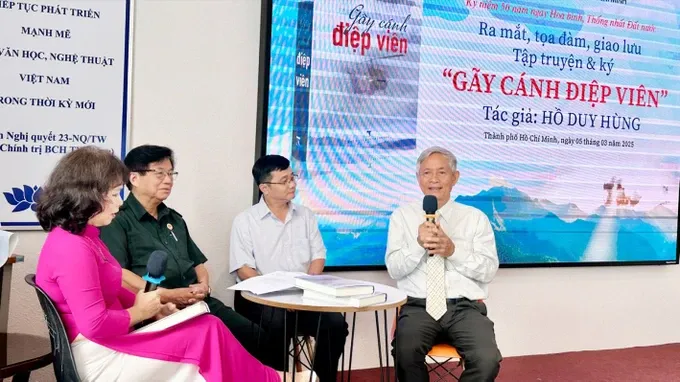
Among the 50 seminal literary and artistic works, chosen through public acclaim and unveiled by the HCMC Department of Culture and Sports, stands “O R – Chuyen ke sau 50 nam” (At R - Stories told after 50 years), the poignant memoir by the late writer Le Van Thao.
“O R – Chuyen ke sau 50 nam” vividly resurrects the grueling and brutal experiences of soldiers during Vietnam’s resistance war against American forces. Amidst the relentless barrage of bullets and the deafening cacophony of explosions, individuals like Le Van Thao faced the dual challenge of wielding both weapon and pen. Consequently, his memoir offers invaluable firsthand accounts, particularly illuminating the lives of artists during wartime, providing contemporary readers with a deeper understanding of a generation that fought valiantly while simultaneously documenting their experiences.
Beyond established literary figures like Le Van Thao, numerous other authors who were ordinary individuals thrust into extraordinary circumstances have contributed their own intuitive wartime stories. Their stories, often etched in blood and sacrifice, represent not just literary works but fragments of their very lives laid bare.
“Toi duoc song” (I was allowed to live) by Nguyen Ngoc Hien, a director who braved the treacherous Truong Son trail to reach the Cu Chi Tunnels and screened films for the local population while trying to capture poignant, invaluable footage amidst the conflict, stands as a testament to this. His work brims with stories of unwavering resilience, the raw pain of war, and the indomitable spirit to overcome adversity, both during the intense conflict and in the subsequent battles of everyday life, ensuring these experiences vibrate with future generations.
Another compelling work gaining recent recognition is “Gay canh diep vien” (Broken wings of a spy) by Ho Duy Hung. During the war, he operated as an intelligence operative under the guise of a Republic of Vietnam Air Force helicopter pilot, tasked with providing crucial intelligence and “samples” to the Military Intelligence Department. His daring exploits included commandeering an aircraft amidst heavy fire to deliver it to the liberated zone, subsequently dismantling it, or transporting a UH-1 helicopter across the Truong Son range to the North, followed by clandestine missions carrying gold back to the South.
Vice President Tram Huong of the HCMC Writers’ Association, eloquently stated, “The past, present, and future are inextricably linked in a complex tapestry. Those who lived through the war, their comrades, and their descendants yearn to hear and understand how they entered, committed themselves to, and navigated the conflict, with all its triumphs, sacrifices, and brutal realities. This fundamental need ensures the enduring power of this literary genre.”
Therefore, over the years, Tram Huong has become a vital advocate for the voices of war veterans, nurturing the publication of several impactful books by former combatants in various roles, including “Tieng hu” (The howl) by Phong Ba, “Toi duoc song” by Nguyen Ngoc Hien, “Nuoc mat va niem vui” (Tears and joy) by Vu Thanh Trung, and “Gay canh diep vien” by Ho Duy Hung.
“These individuals are extraordinary Vietnamese people, almost mythical in their resilience and courage, and a source of immense pride. These living witnesses feel a powerful compulsion to recount their experiences. Ultimately, these memoirs and autobiographies, told in diverse styles and through varied narratives, are crucial for those who grew up in the aftermath of the war to understand its profound impact,” she emphasized.
When discussing the genre of battlefield memoirs, “Duoc song va ke lai” (Survive and tell) by artist Tran Luan Tin, a former soldier of the 18th Signal Battalion, 325th Division, 2nd Corps, is indispensable. This work stemmed from the author’s deep-seated desire to recount his wartime experiences. Despite being an “outsider” to the literary world, his authentic and unembellished storytelling, focusing on the lives, struggles, and sacrifices of those caught in the war, created a sensation upon publication.
The memoir received the HCMC Writers’ Association Award in 2010 and has been reprinted numerous times, embodying the characteristic honesty and directness of memoirs penned by veterans of Vietnam’s liberation wars. It has been considered as a precious inheritance for subsequent generations, thanks to its ability to bridge the present and the past, connecting younger generations with the experiences of their predecessors.
Recalling the war is not intended to incite hatred but to deepen the appreciation for the immense sacrifices made by past generations, thereby fostering a greater reverence for the hard-won “gift” of peace.
